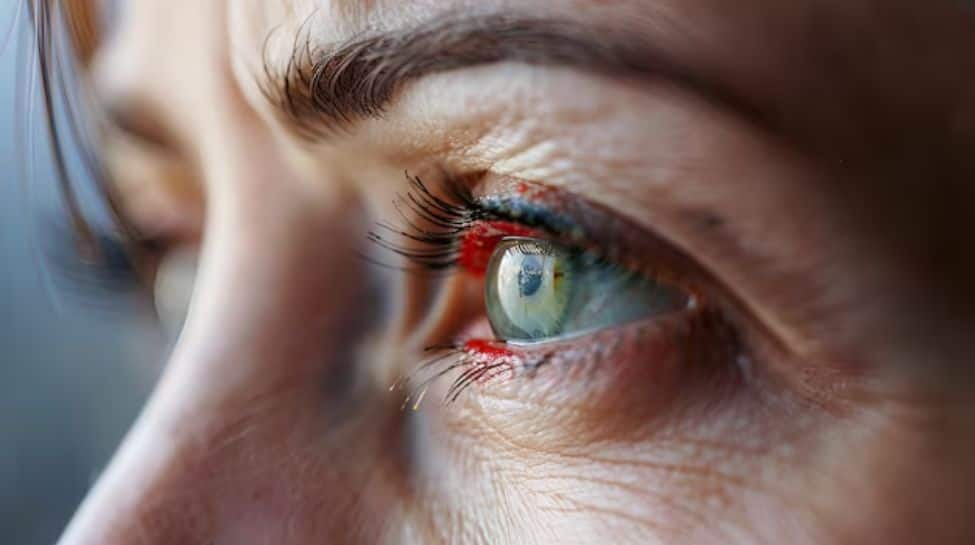Good hygiene practices play a critical role in preventing conjunctival eye flu, also known as conjunctivitis or pink eye. This contagious condition can be caused by viruses, bacteria, allergens, or irritants and is characterized by inflammation of the conjunctiva, the thin membrane that covers the inner surface of the eyelids and the white part of the eye.
Educating children and adults about proper hygiene measures is essential to reduce the risk of contracting and spreading conjunctival eye flu. Inputs shared by Dr Anjal Shah, Consultant Ophthalmologist, Cataract and Refractive Surgeon, Dr. Sachdev Maxivision Eye Hospital.
Hand Washing
Frequent hand washing with soap and water is the most effective way to prevent the spread of conjunctivitis. Encourage children and adults to wash their hands:
– Before touching their eyes, face, or applying eye drops.
– After touching their eyes or face, especially if they have discharge or are experiencing symptoms of conjunctivitis.
– After using tissues or cloths to wipe their eyes.
Avoid Touching Eyes
Instruct children and adults to avoid touching their eyes with unwashed hands. Rubbing or touching the eyes can transfer bacteria, viruses, or allergens from the hands to the eyes, increasing the risk of infection or irritation.
Personal Items
Avoid sharing personal items that come into contact with the eyes, such as towels, washcloths, pillows, or eye makeup. Sharing these items can spread infectious agents and irritants, leading to conjunctivitis.
Clean and Disinfect
Regularly clean and disinfect surfaces that come into frequent contact with hands and faces, such as doorknobs, countertops, and toys. Disinfecting these surfaces helps reduce the spread of bacteria and viruses that can cause conjunctivitis.
Proper Contact Lens Care
If you or your child wear contact lenses, follow proper hygiene practices:
– Wash hands thoroughly before handling contact lenses.
– Clean and disinfect contact lenses according to the instructions provided by your eye care professional.
– Replace contact lens cases regularly and avoid using expired or damaged lenses.
Avoid Irritants and Allergens
Minimize exposure to substances that can irritate the eyes or trigger allergic reactions, such as smoke, chlorine in swimming pools, dust, pollen, and pet dander. If exposure cannot be avoided, wash hands and face thoroughly after contact.
Health and Safety Measures
Encourage children and adults to practice good health habits that support overall immune system health, such as getting enough sleep, eating a balanced diet rich in vitamins and nutrients, and staying hydrated. A strong immune system can help reduce the likelihood of contracting infections like conjunctivitis.
Prompt Treatment and Isolation
If conjunctivitis is suspected or diagnosed, prompt treatment and isolation can help prevent the spread of infection. Keep children with conjunctivitis at home from school or daycare until they are no longer contagious, as advised by a healthcare professional.
By promoting and practicing good hygiene habits, individuals can significantly reduce the risk of contracting conjunctival eye flu and other infectious eye conditions. Consistent hand washing, avoiding touching the eyes with unwashed hands, proper contact lens care, and minimizing exposure to irritants and allergens are key preventive measures. Educating children and adults about these hygiene practices and implementing them consistently can help maintain eye health and prevent the spread of conjunctivitis within families, schools, and communities.

